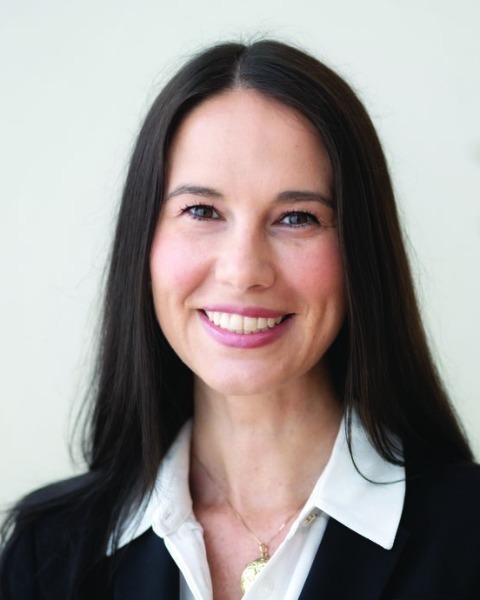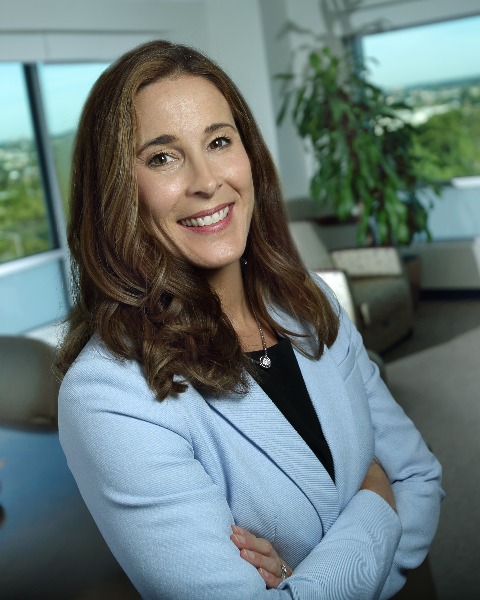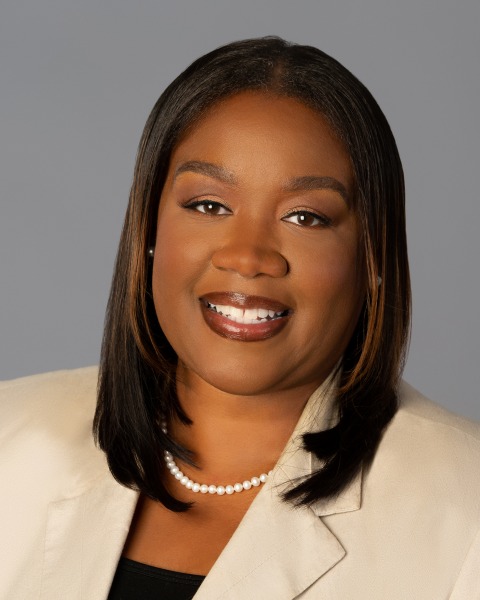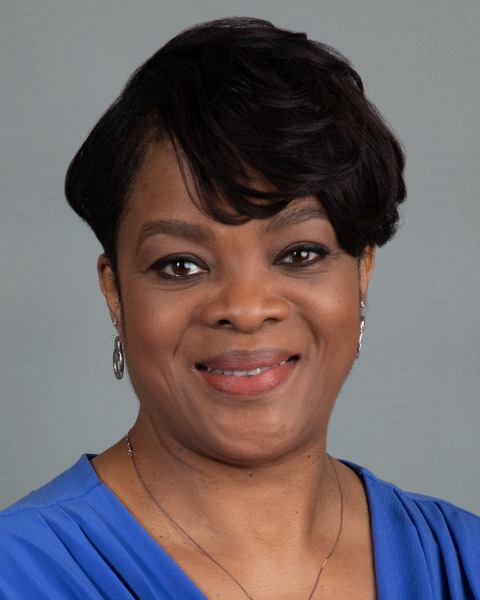Career Resources
The Importance of Mentorship and Sponsorship in Career Advancement (14H)
There has been significant discussion in the healthcare field about sponsorship, mentorship and why both are critical to success for all healthcare leaders. While we have made progress, challenges still exist for women and people of color to secure mentors and sponsors for career advancement. Research from McKinsey found that women who have networks and sponsors were more likely to be promoted and receive pay raises. Only 26% of Black women feel they have the sponsorship needed to advance their careers; 57% of women of color, however, were less likely to quit a job in the first year when they had a sponsor. Although members who participated in McKinsey surveys boasted above-average scores for representation of women in leadership, women of color were largely absent from the highest levels in their organizations. Mentorship and sponsorship are often seen as the same relationship but even though the same person may play both roles, they are distinctly different for both the mentor or sponsor and the person being mentored or sponsored.
This session will focus on describing both roles and describing, through the personal experiences of the panelists, how different the relationships are and how important each is in advancing careers. The panel will specifically focus on the importance of mentorship and sponsorship on advancing the careers of women and people of color. In addition, panelists will address the role of sponsors, protégés, mentors and mentees and highlight how to foster and grow these relationships. They will share their own real-life experiences of serving as sponsors, protégés, mentors and mentees and how their relationships have changed and evolved over time.
Learning Objectives:
- Identify the differences between sponsorship and mentorship and define the roles of a sponsor, protégé, mentor and mentee.
- Understand the benefits of having both a mentor and a sponsor throughout a healthcare leader's career. Take concrete steps to find, build and grow these relationships in organizations that value mentorship and sponsorship.

Morgan Jones, FACHE
Chief Strategy Officer
Duke Health
Jennifer Nickoles, FACHE
President
Johns Hopkins Bayview Medical Center
Kenyatta Elliott
Associate Vice President
Duke Health
Alesia A. Coe, DNP, RN, NEA-BC, FACHE
VP Patient Care Services/CNO
UChicago Medicine
